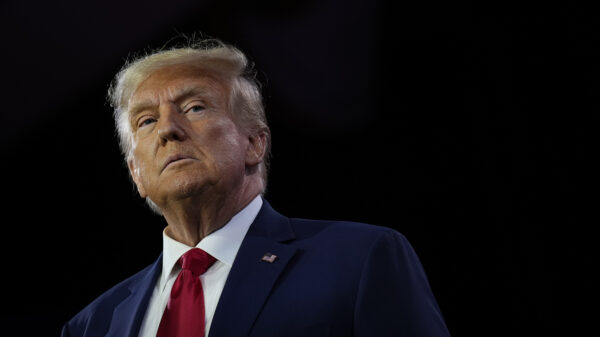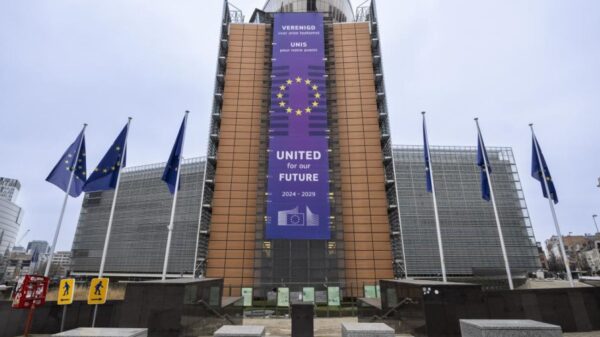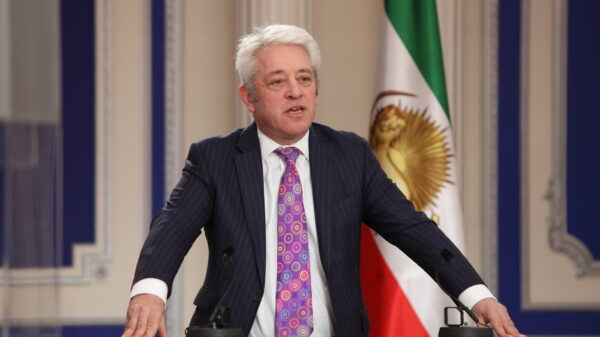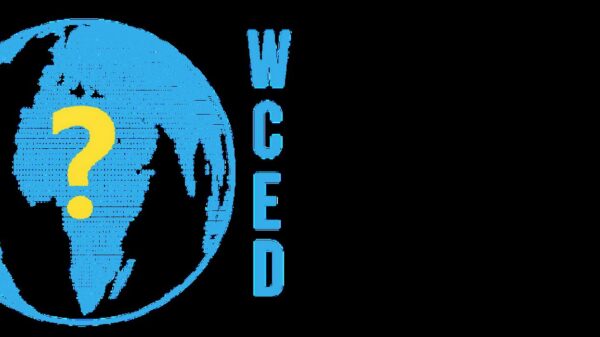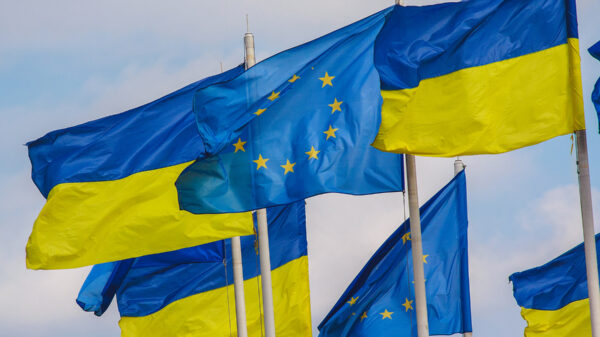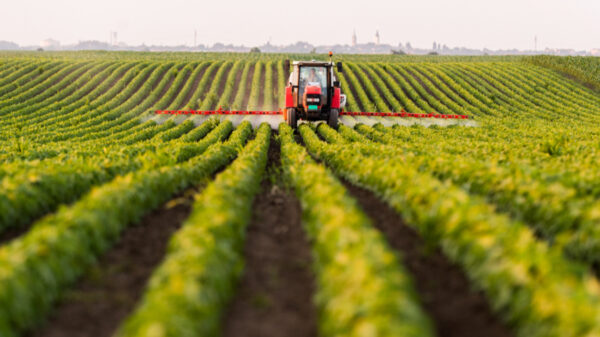
A global operation across 44 countries has hit gangs targeting children for sexual exploitation and forced begging.
Operation Global Chain involved 130,000 police, border and immigration agencies, transport police, social services, and child protection services.
United Kingdom agencies were part of the team.
Brussels’ based co-ordinator Europol said:
“The main objectives of Operation Global Chain were to identify, protect and refer victims and potential victims of human trafficking for assistance.
“Specific actions targeted the disruption of criminal networks potentially exploiting victims originating from South America, Asia, Africa, the Western Balkans, and Ukraine.
“The joint and co-ordinated actions of different authorities were crucial for the development of the operational activities.”
In all, 1,426 victims were found and 212 people were arrested.
More than 240 new investigations were started and 1.6 million people were checked in 25,400 locations.
Investigators in Sweden found five underage boys in a well-known begging area, accompanied by a 19-year-old male.
In their statements, the boys showed that the adult was acting as their boss, overseeing their begging activities.
In Serbia, six suspects were arrested for sexually exploiting 10 female, and one suspect for exploiting one female in the form of forced begging and forced criminality.
Romanian authorities conducted 19 house searches and arrested four people suspected of labour exploitation of at least eight victims.
In North Macedonia, 11 suspects were arrested for the sexual exploitation of minors and trafficking in human beings.
In Colombia, 27 victims of sexual exploitation were identified and seven suspects were arrested.
Europol said: “Human traffickers target the most vulnerable groups, including children.
“Minors are trafficked for sexual and labour exploitation.
“Criminals force children to beg or commit a variety of crimes, such as smuggling illegal goods and petty crime.
“Child trafficking remains largely underreported.
“Within the EU, children are mostly trafficked by their relatives.
“These criminal organisations, connected through large clan networks, operate in several countries and move the children across borders.
“Minors from non-EU countries can become victims of traffickers collaborating with the adults who accompany the children while pretending to be their relatives or legal guardians.”

